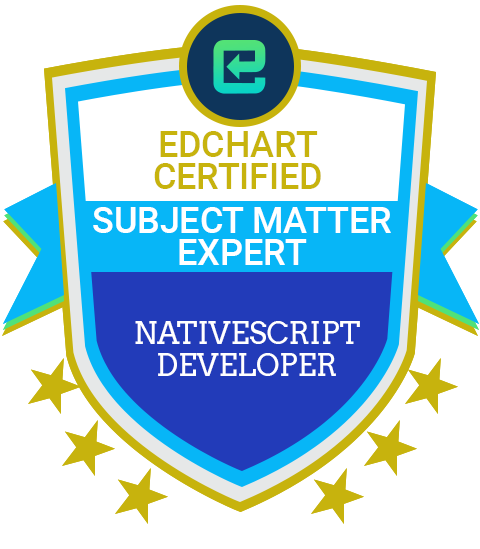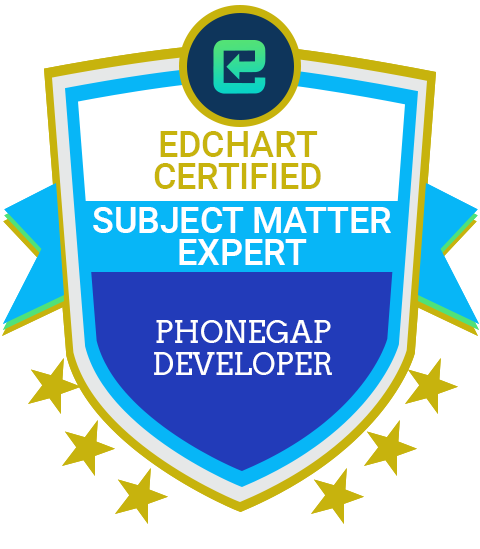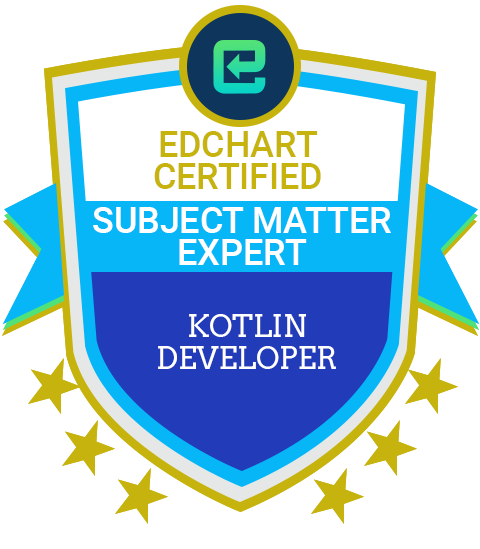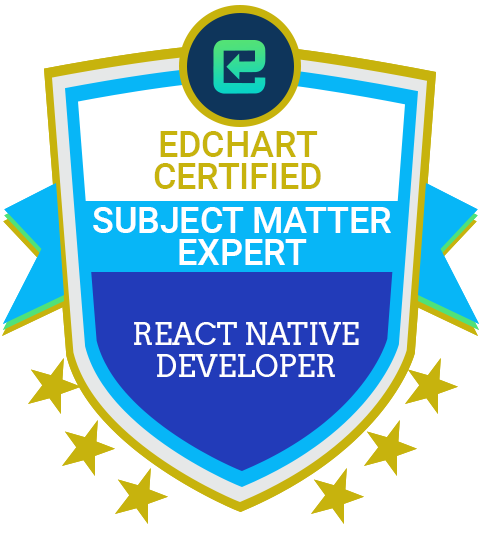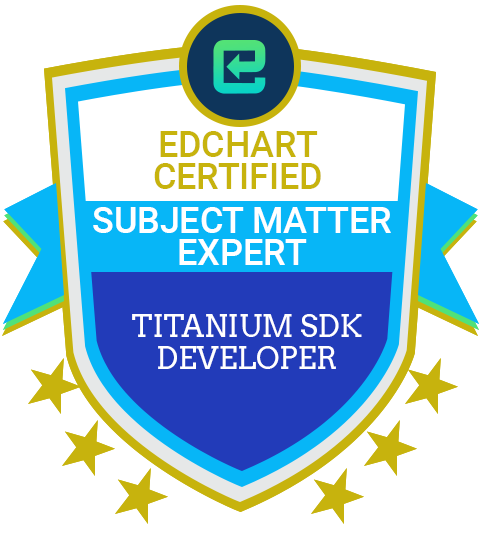
Edchart Certified
Titanium SDK Developer SME
Titanium SDK is an open-source framework developed for building cross-platform mobile applications. It allows developers to use web technologies like JavaScript, HTML, and CSS to create native-like apps for multiple platforms, including IOS, Android, and Windows. Titanium SDK provides a single codebase for developing apps, reducing development time and effort. It offers access to a wide range of native APIs and UI components, enabling developers to create feature-rich applications with native performance. Titanium's Alloy MVC framework further streamlines the development process by providing a structured approach to app development. Additionally, Titanium SDK includes tools for testing, debugging, and deploying applications across different platforms.
titanium mobile sdk | titanium sdk developer | titanium sdk framework | titanium sdk certification | titanium sdk mobile app certification | titanium sdk | titanium | Titanium SDK certification | Titanium mobile development certification | Cross-platform app development certification | Titanium developer certification | Titanium app development training | Titanium SDK exam | Titanium certification course | Mobile app development certification | Appcelerator Titanium certification | Titanium certification online course | titanium dioxide | titanium sheet | titanium tubing | titanium price | titanium suppliers | titanium machining | titanium jewellery | titanium welder | titanium for sale | black titanium | titanium price per kg | titanium anode | titanium dioxide price | ti64 titanium | titanium chains | anodized titanium | titanium bullion | titanium steel | titanium price per gram | titanium pendant | mokume gane titanium | titanium dioxide price per kg | titanium metals | titanium cube | rutile titanium dioxide | titanium foam | titanium necklaces | titanium cost | titanium quartz | niobium titanium | titanium carbide | raw titanium | 1kg titanium price | titanium products | nano titanium dioxide | titanium usa | titanium studio | titanium dioxide anatase | titanium gold | nickel titanium | pure titanium | titanium price today | ferro titanium | titanium crystal | rainbow titanium | apa itu titanium dioxide | titanium cost per kg | titanium silver | titanium industries inc | titanium dioxide co to | titanium rainbow quartz | beta titanium | carbon titanium | copper titanium | ctc titanium sdn bhd | cutting titanium | drilling titanium | eco titanium | mindustry titanium | periodic table ti | periodic table titanium | platinum titanium | polishing titanium | silver titanium | ti industries | ti on periodic table | ti titanium | titanium aura | titanium coated | titanium dioxide safe | titanium engine | titanium feather | titanium gold price | titanium magnetic | titanium mineral | titanium stainless steel | titanium stone | titanium used | titanium sdk mobile app certification
| India: |
|
|---|---|
|
Other Countries: |
|
| Exam Timing: | 60 (Mins) |
|---|---|
| Pass Per | 60% |
| Level | Expert |
| Roles | Hybrid Mobile App Developer |
| No. of Questions | 30 |
-
Karanvir Singh (India)Attended on - 2025-06-20 05:52:12
International Recognized Certificates
Get Your Verifiable and Shareable International Digital Certificates
Industry-oriented Skill Sets
Industry experts suggested knowledge-centric Certificates
Edchart Global User Profile
Edchart Global User Profile for each candidate to share and have.

